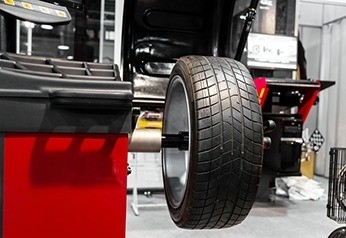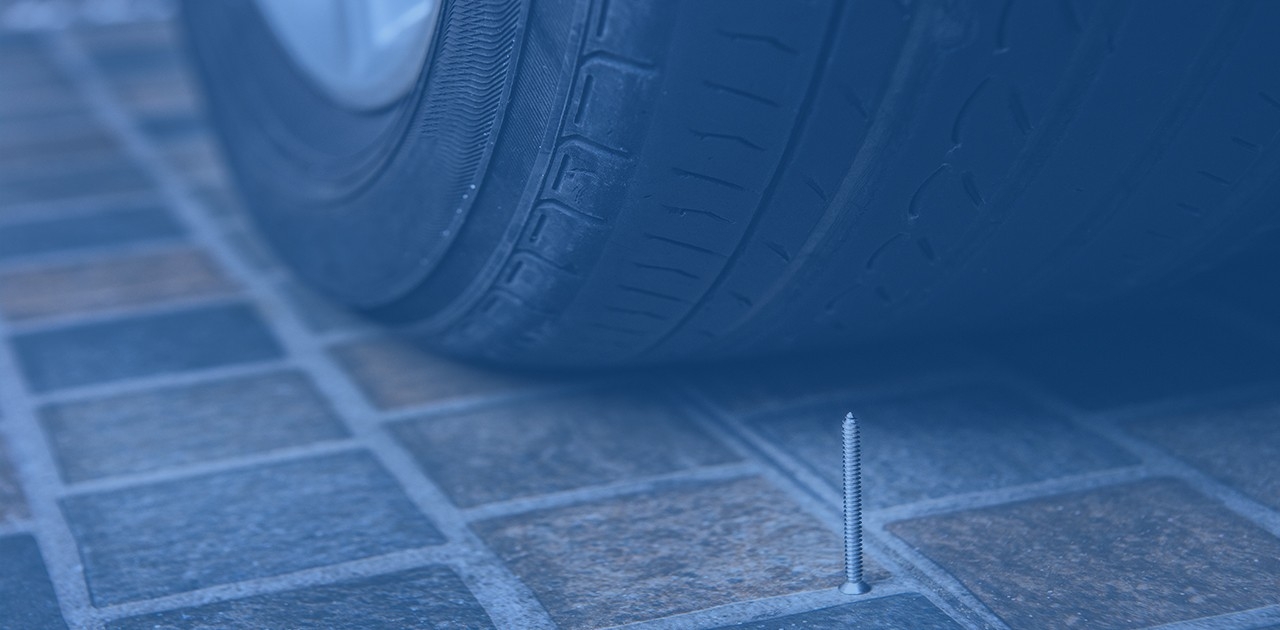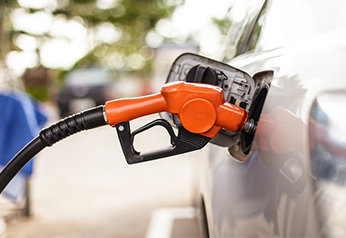
Top 8 Causes Of A Flat Tyre
If you're a driver, chances are you've already experienced a flat tyre. They can happen any time, anywhere, to anyone driving. Not only are they inconvenient, especially if you get one on the way to work, for example, but they can also lead to severe accidents.
Though flats sometimes can't be avoided, you can prevent them with proper tyre maintenance. Find out the most common causes and know what to look out for below.
1. Tyre Punctures
A tyre puncture is the most common cause of a flat tyre. Sharp objects, including nails, screws, rocks and others found on the road, can puncture your tyre. If it is deep enough, air will leak out, causing a flat.
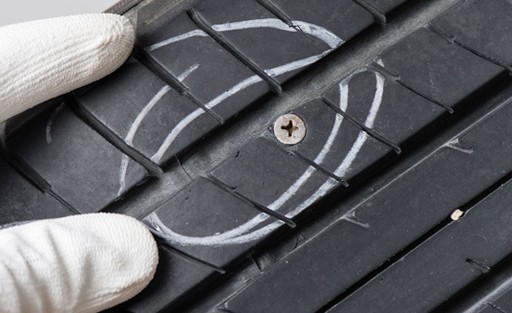
2. Road Hazards
Bad roads can damage your tyres. If the road is uneven, rocky or full of potholes, the bigger the chances of a flat. Rough roads can also scratch the tyre tread, thinning them out and resulting in a hole or leak.

3. Incorrect Tyre Pressure
Having the correct tyre pressure is critical in keeping your tyre roadworthy. Too much air causes overinflation which causes weaker grip and traction, making your car slip and bounce. Too little air or underinflation is a leading cause of blowouts since it compromises the tyres internal structure.

4. Worn Down Tread
Your tyre tread will eventually wear down due to the constant road friction. The thinner and more worn down the tyre surface, the more vulnerable it becomes to sharp objects and rips and tears in the remaining tread. Check the chart below to see if your tyre is still legal.
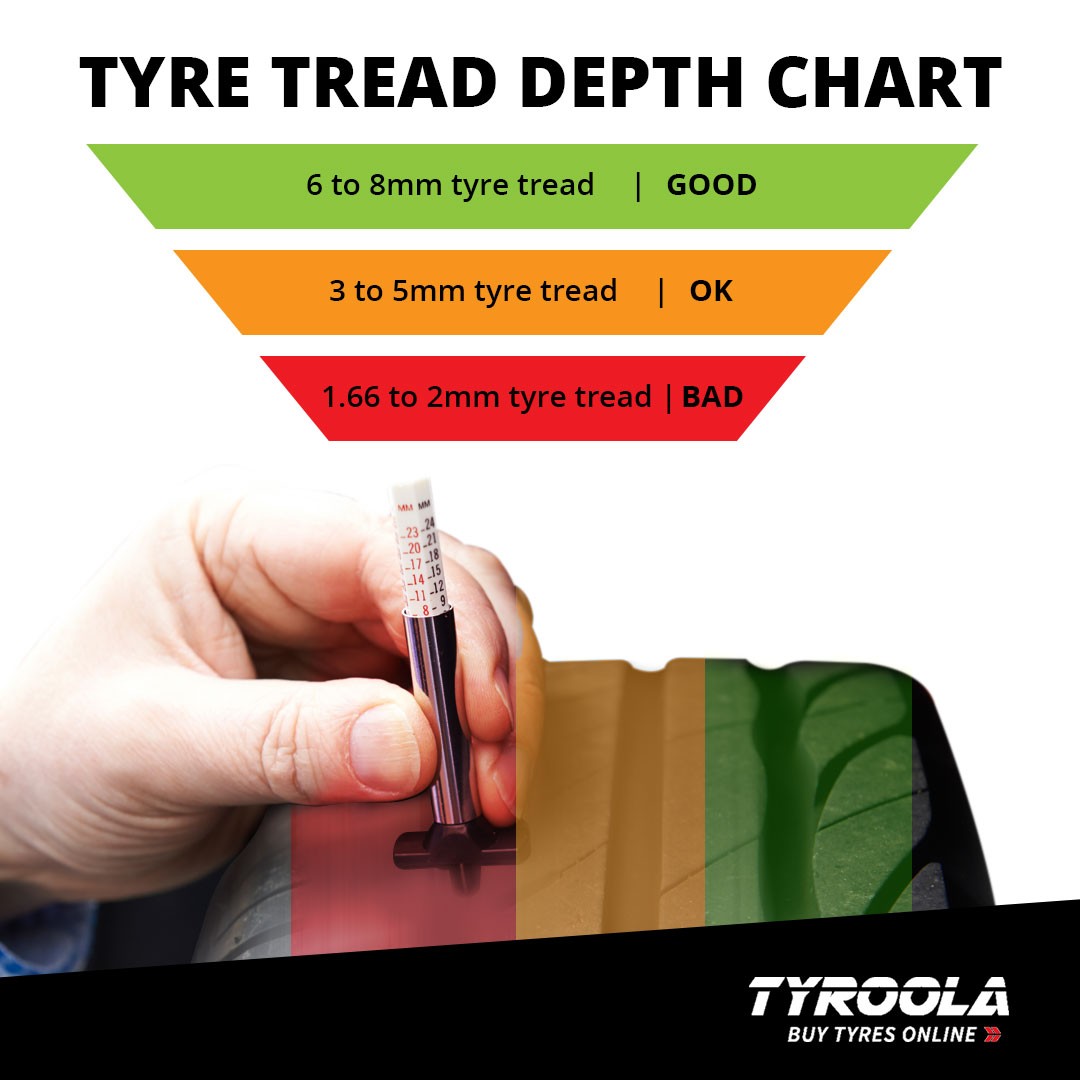
5. Exposure To Extreme Weather & Temperatures
Exposure to extreme weather and temperatures can damage your tyre, causing it to go flat. High temperatures overheat your tyres, making them vulnerable to blowouts. On the other hand, the cold makes your tread compound stiff, brittle and rigid. Check for dry rot, which is a sure sign of exposure to extreme temperatures.
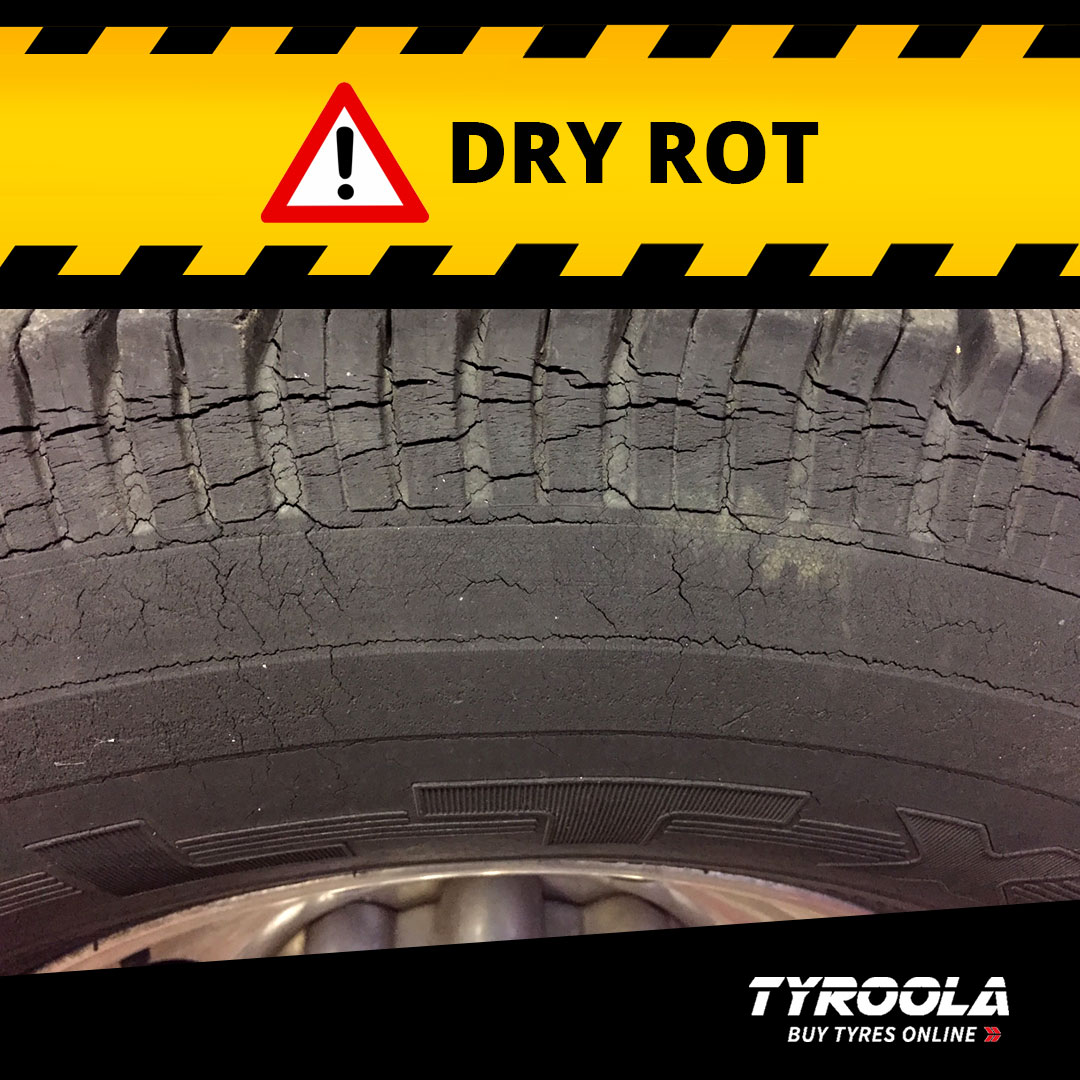
6. Faulty TPMS
Your vehicle's Tyre Pressure Monitoring System (TPMS) warns you if your tyre's air pressure is 25% below the optimum level. However, if it malfunctions in any way, you won't know how much air you have in your tyres.
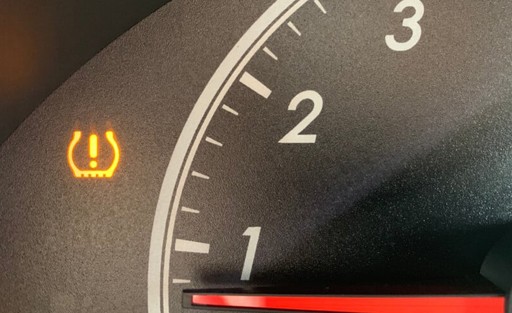
7. Poor Driving Habits
Poor driving habits, including distracted or reckless driving, can expose your vehicle and tyre to different road hazards, which can cause a flat tyre.

8. Vandalism
Your tyres can get seriously damaged by vandalism. Any damage such as small cuts or punctures will cause flats. Be vigilant and check your tyres regularly.

How To Prevent Flat Tyres
Avoid Hazards
Avoiding road hazards 100% of the time is impossible. However, you can still prepare and take precautions such as:
-
Check before a long trip if there are any difficult roads on the way.
-
Keep your spare tyre in good condition.
-
Keep a complete set of tyre repair tools in your boot.
-
Ensure your TPMS is calibrated and working properly if you are on run-flat tyres.
Practice Proper Tyre Maintenance
Regular tyre maintenance will go a long way in preventing unexpected flats.
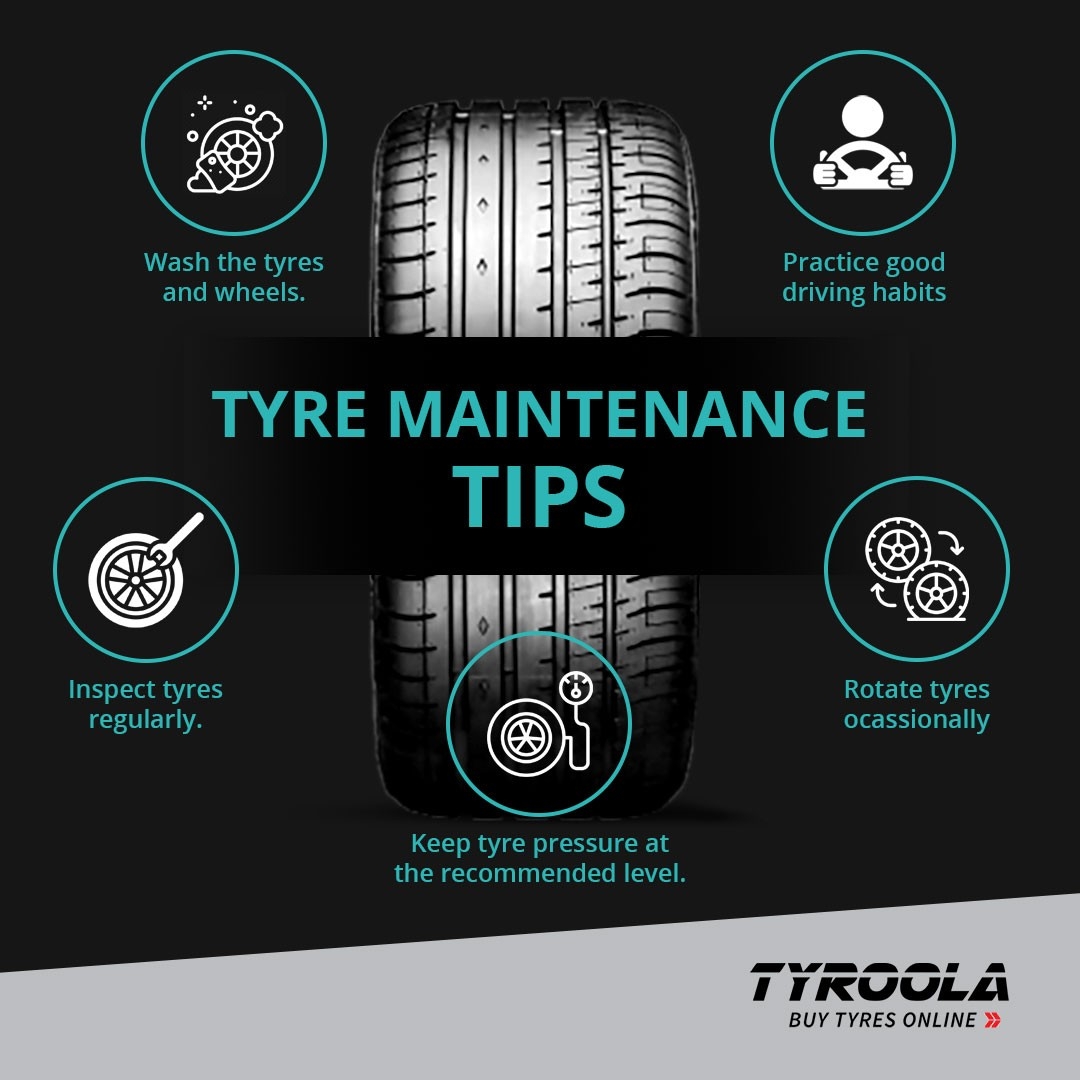
-
Wash your tyres and wheels regularly.
-
Practice good driving habits.
-
Inspect your tyres regularly.
-
Keep your tyre pressure at the recommended level.
-
Rotate your tyres every six months or 10,000 km.
You can also bring it to a tyre professional for a thorough inspection.
So You Have A Flat: What to do Next:
If you find that your flat tyre is beyond repair, choose a new set from Tyroola's wide range of budget, premium and value for money tyres to fit your driving needs.
